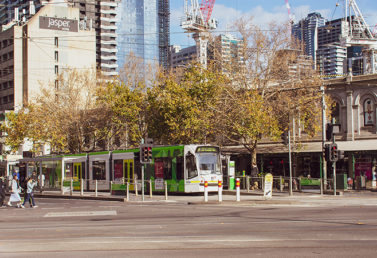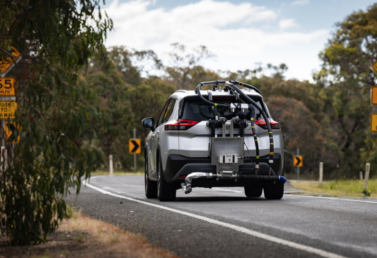The federal Budget’s $14 billion commitment to transport projects over the next four years is […]

The federal Budget’s $14 billion commitment to transport projects over the next four years is set to help protect Australian jobs and importantly, protect lives on the nation’s roads.
The nation’s peak motoring body, the Australian Automobile Association (AAA), strongly endorsed the announced $2 billion road safety investment – provided to state governments on a “use it or lose it” basis – which will drive urgently needed investment in small scale road safety projects, particularly in regional areas.
AAA Managing Director Michael Bradley said: “The federal government is to be congratulated on responding to Australia’s road trauma figures in a way that will also drive regional economic stimulus and jobs growth.
“Such a significant investment is welcome, and so too are the competitive terms on which it is being provided.
“The AAA looks forward to examining the detail of these arrangements that should also ensure state governments are responsible for providing road trauma data and better accountability for this funding.”
Road trauma still sees 100 Australians hospitalised every day and it is a $30 billion annual drag on the economy. In the last financial year alone, 1105 Australians died on the road.
The Budget confirmed that motorists would continue to pay their own way, with the average household expected to contribute $1,188 in fuel excise alone in 2020-21.
The budget papers show that, 82 per cent of nett fuel excise will be invested in land transport infrastructure in 2020-21, rising to 98 per cent next year and 100 per cent by 2022/23.
The AAA represents more than 8.5 million Australians through its clubs, the NRMA, RACV, RACQ, RAA, RAC, RACT and AANT.

The latest AAA Transport Affordability Index reveals transport cost rises exceeded the consumer price index not only in the September 2023 quarter but also over the 12 months to the end of September.
read more
Initial results of Australia’s first program to test vehicle real-world performance show the cars tested use up to 13% more fuel on the road than they did in lab tests reported by manufacturers.
read more
The quarterly update of the AAA’s EV Index shows the Australian new vehicle market continuing to change.
read more